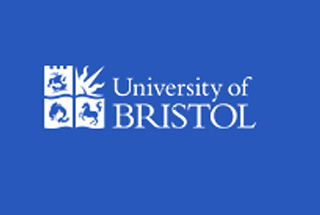
In tissue culture, this bandage seemed to show great benefits in treating meniscal tears. It is developed from the patient’s own stem cells. This bandage is then transfixed in the patient’s knee joint in a span of 2 weeks of removing the stem cells from bone marrow.
“With permission for a trial from MHRA and completion of this funding round, we are now ready to get going on our safety trial; it’s an important moment for Azellon and for stem cell research,” cited Professor Anthony Hollander, Chief Scientific Officer of Azellon Cell Therapeutics Ltd and Head of the School of Cellular and Molecular Medicine at the University of Bristol.
A trail approved by the Medicines and Healthcare products Regulatory Agency (MHRA) will test this process in 10 meniscal tear patients. They will be exposed to a cell bandage product which essentially utilizes the patient’s own stem cells.
Experts believe that this technique holds great promise for the treatment of knee and joint injuries. The cell bandage has been manufactured by Azellon Cell Therapeutics and the study is expected to begin in May 2012.
